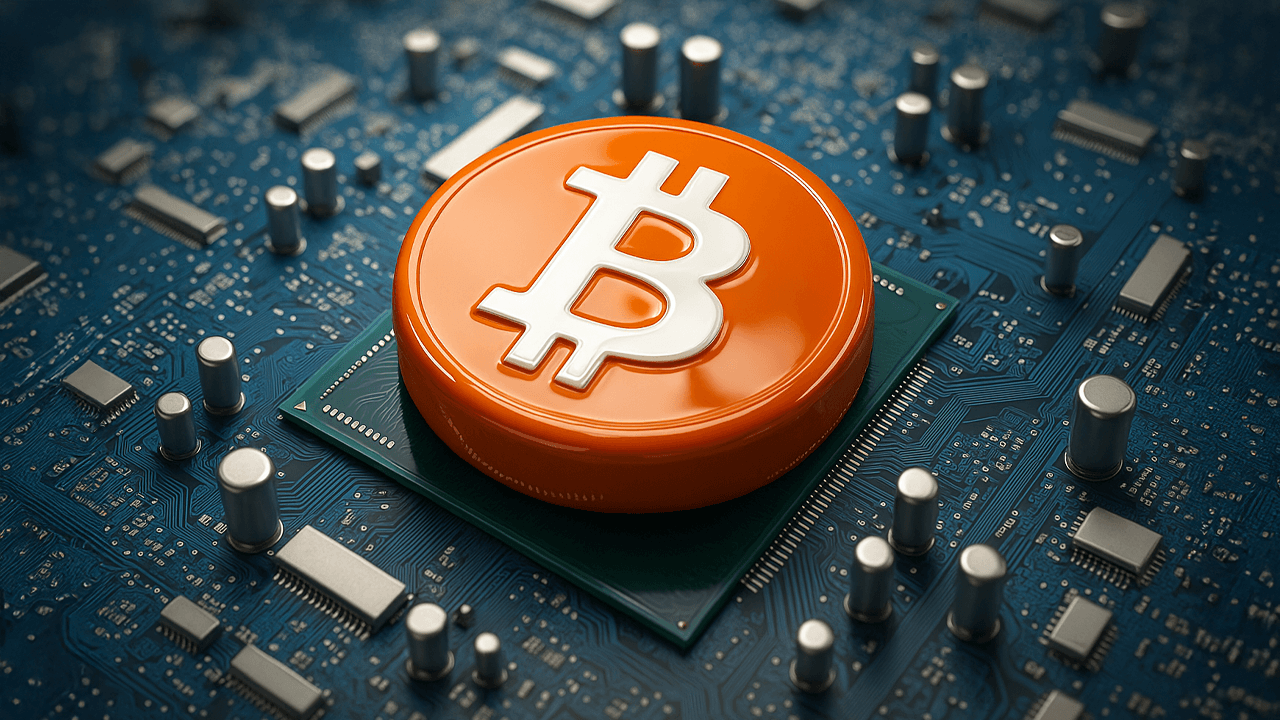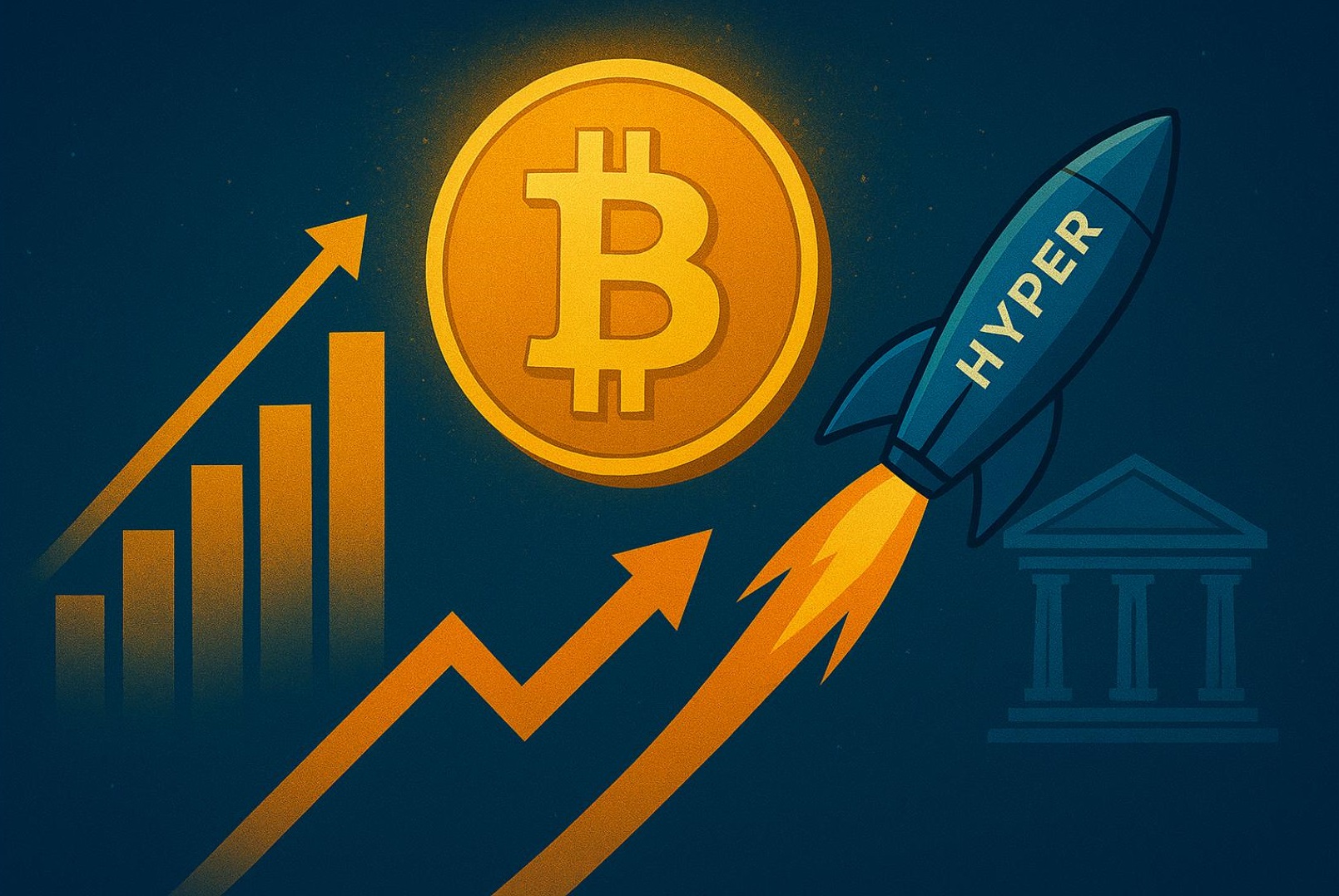Japan is taking a significant step toward reshaping its
approach to cryptocurrency regulation. By 2026, the Financial Services Agency
(FSA) plans to reclassify crypto assets as financial products under the
Financial Instruments and Exchange Act. This shift will bring cryptocurrencies
under the same regulatory framework as stocks and bonds, subjecting them to
insider trading rules and stricter oversight.
The decision reflects Japan’s shifting stance on digital
assets. Initially recognized primarily as a payment method, cryptocurrencies
have grown into an investment class with increasing market influence. As
blockchain technology and cashless transactions gain momentum, integrating
crypto into the broader financial system appears to be a logical progression.
However, this reclassification also raises questions about market access,
investor protection, and the long-term impact on innovation in the sector.
Japan has a history of regulating cryptocurrencies. In 2016,
it recognized Bitcoin as a legal form of payment under the Payment Services
Act. However, the regulatory framework treated crypto primarily as a payment
method, not an investment vehicle.
Over time, as the market grew, challenges such as fraud,
manipulation, and unclear regulations emerged. By the end of 2024, Japan had
around 11.8 million crypto accounts, an increase of about three million from
the previous year. The country ranked 23rd globally in crypto adoption,
alongside South Korea and Hong Kong.
🔒 Stricter Crypto AML Measures in Japan: Global Standards in Focus 🌐💼#CryptoCommunity #JapanCryptoRegulations pic.twitter.com/fsrbFnO3CF
— SpotSpreads (@SpotSpreads) May 28, 2023
Stronger Rules Aim to Reduce Risks
The FSA’s decision reflects an effort to address market
risks. Reclassifying crypto assets as financial products will bring them under
stricter regulations, including bans on insider trading. This move follows
similar trends in other regions.
In the US, the Securities and Exchange Commission (SEC) has
pursued legal action against companies for offering tokens it classifies as
securities. The European Union’s Markets in Crypto-Assets (MiCA) framework has
also introduced comprehensive regulations for digital assets.
Pushing for a Cashless Economy
Japan has been promoting a cashless economy for over a
decade. In 2019, cashless transactions accounted for 26.8% of total payments.
By 2023, this figure had risen to 39.3%, amounting to 126.7
trillion yen ($885 billion), according to the Ministry of Economy, Trade, and
Industry. The government aims to increase this to 40% by 2025. Blockchain
technology is expected to play a role in achieving this goal.
Visit FinanceMagnates.com to read: Ripple’s
XRP Ledger Integration Could Boost Market Cap by $64 Billion in Japan.
Potential for ETFs and Lower Taxes
One expected impact of the new regulations is the potential
approval of spot crypto exchange-traded funds (ETFs). These are currently
prohibited in Japan. Lawmakers are also discussing reducing the tax on crypto
gains from 55% to 20%, aligning it with stock investments.
Currently, crypto profits are taxed as miscellaneous income,
resulting in high tax rates. A reduction could attract more investors and
increase liquidity in the Japanese market.
JUST ANNOUNCED Japan to Allow Start-Ups to Raise Funds With Crypto: The Japanese government will allow companies to raise equity financing by issuing crypto tokens instead of stocks.
The post Japan to Allow Start-Ups… #Markets #JapanCryptoRegulations https://t.co/qFC510L6jr pic.twitter.com/kWLWajQq3O
— Rewards Farm (@Rewards_Farm) September 15, 2023
Institutional Investment Could Increase
The introduction of crypto ETFs could also encourage
institutional investment. In the US, spot Bitcoin ETFs approved in early 2024
saw rapid adoption, accumulating over $10 billion in assets within six months.
If Japan follows a similar path, its market could experience
significant growth. The FSA has been holding closed-door discussions with legal
and financial experts since October 2024. The agency plans to finalize its
policy direction by June 2025, with legislative changes expected in 2026.
Retail Investors May Face Restrictions
The new classification raises concerns about restrictions on
retail investors. The FSA has already taken steps to limit access to
unregistered foreign exchanges. In 2024, it requested that Apple and Google
remove five platforms—Bybit, KuCoin, MEXC Global, LBank, and Bitget—from their
app stores in Japan.
While this measure aims to protect investors, it may also
reduce choices for those seeking tokens not listed on local exchanges. Some
investors could turn to unregulated platforms, increasing exposure to risks.
Japan Implements Stricter Anti-Money Laundering Rules to Crack Down on Crypto Crime: After G7 discussions, Japan plans to bring tighter anti-money laundering (AML) regulations to bring down crypto crimes. … #Markets #CryptoAML #JapanCryptoRegulations https://t.co/HFiVh9WAtJ pic.twitter.com/a4jyx0AxzN
— Rewards Farm (@Rewards_Farm) May 23, 2023
Aligning with Global Crypto Regulations
The reclassification aligns with Japan’s broader financial
and economic policies. In 2022, the FSA introduced regulations for fiat-backed
stablecoins.
In April 2024, corporate tax exemptions on unrealized crypto
gains were introduced, encouraging corporate involvement in the sector. These
developments indicate a structured approach to integrating digital assets into
the economy.
Globally, other regions are also tightening crypto
regulations. The US, EU, and Singapore have introduced frameworks to manage
risks while fostering innovation. Japan’s approach could influence other Asian
markets, shaping regional regulatory trends.
Public Reactions Remain Divided
Public reactions to the FSA’s decision are mixed. Some see
it as a necessary step toward stability and institutional adoption. Others
worry about excessive regulation restricting market growth.
The balance between oversight and innovation will be
critical in determining the impact of these changes. Japan’s approach in the
coming years will be closely watched as a model for future crypto regulation.
Japan is taking a significant step toward reshaping its
approach to cryptocurrency regulation. By 2026, the Financial Services Agency
(FSA) plans to reclassify crypto assets as financial products under the
Financial Instruments and Exchange Act. This shift will bring cryptocurrencies
under the same regulatory framework as stocks and bonds, subjecting them to
insider trading rules and stricter oversight.
The decision reflects Japan’s shifting stance on digital
assets. Initially recognized primarily as a payment method, cryptocurrencies
have grown into an investment class with increasing market influence. As
blockchain technology and cashless transactions gain momentum, integrating
crypto into the broader financial system appears to be a logical progression.
However, this reclassification also raises questions about market access,
investor protection, and the long-term impact on innovation in the sector.
Japan has a history of regulating cryptocurrencies. In 2016,
it recognized Bitcoin as a legal form of payment under the Payment Services
Act. However, the regulatory framework treated crypto primarily as a payment
method, not an investment vehicle.
Over time, as the market grew, challenges such as fraud,
manipulation, and unclear regulations emerged. By the end of 2024, Japan had
around 11.8 million crypto accounts, an increase of about three million from
the previous year. The country ranked 23rd globally in crypto adoption,
alongside South Korea and Hong Kong.
🔒 Stricter Crypto AML Measures in Japan: Global Standards in Focus 🌐💼#CryptoCommunity #JapanCryptoRegulations pic.twitter.com/fsrbFnO3CF
— SpotSpreads (@SpotSpreads) May 28, 2023
Stronger Rules Aim to Reduce Risks
The FSA’s decision reflects an effort to address market
risks. Reclassifying crypto assets as financial products will bring them under
stricter regulations, including bans on insider trading. This move follows
similar trends in other regions.
In the US, the Securities and Exchange Commission (SEC) has
pursued legal action against companies for offering tokens it classifies as
securities. The European Union’s Markets in Crypto-Assets (MiCA) framework has
also introduced comprehensive regulations for digital assets.
Pushing for a Cashless Economy
Japan has been promoting a cashless economy for over a
decade. In 2019, cashless transactions accounted for 26.8% of total payments.
By 2023, this figure had risen to 39.3%, amounting to 126.7
trillion yen ($885 billion), according to the Ministry of Economy, Trade, and
Industry. The government aims to increase this to 40% by 2025. Blockchain
technology is expected to play a role in achieving this goal.
Visit FinanceMagnates.com to read: Ripple’s
XRP Ledger Integration Could Boost Market Cap by $64 Billion in Japan.
Potential for ETFs and Lower Taxes
One expected impact of the new regulations is the potential
approval of spot crypto exchange-traded funds (ETFs). These are currently
prohibited in Japan. Lawmakers are also discussing reducing the tax on crypto
gains from 55% to 20%, aligning it with stock investments.
Currently, crypto profits are taxed as miscellaneous income,
resulting in high tax rates. A reduction could attract more investors and
increase liquidity in the Japanese market.
JUST ANNOUNCED Japan to Allow Start-Ups to Raise Funds With Crypto: The Japanese government will allow companies to raise equity financing by issuing crypto tokens instead of stocks.
The post Japan to Allow Start-Ups… #Markets #JapanCryptoRegulations https://t.co/qFC510L6jr pic.twitter.com/kWLWajQq3O
— Rewards Farm (@Rewards_Farm) September 15, 2023
Institutional Investment Could Increase
The introduction of crypto ETFs could also encourage
institutional investment. In the US, spot Bitcoin ETFs approved in early 2024
saw rapid adoption, accumulating over $10 billion in assets within six months.
If Japan follows a similar path, its market could experience
significant growth. The FSA has been holding closed-door discussions with legal
and financial experts since October 2024. The agency plans to finalize its
policy direction by June 2025, with legislative changes expected in 2026.
Retail Investors May Face Restrictions
The new classification raises concerns about restrictions on
retail investors. The FSA has already taken steps to limit access to
unregistered foreign exchanges. In 2024, it requested that Apple and Google
remove five platforms—Bybit, KuCoin, MEXC Global, LBank, and Bitget—from their
app stores in Japan.
While this measure aims to protect investors, it may also
reduce choices for those seeking tokens not listed on local exchanges. Some
investors could turn to unregulated platforms, increasing exposure to risks.
Japan Implements Stricter Anti-Money Laundering Rules to Crack Down on Crypto Crime: After G7 discussions, Japan plans to bring tighter anti-money laundering (AML) regulations to bring down crypto crimes. … #Markets #CryptoAML #JapanCryptoRegulations https://t.co/HFiVh9WAtJ pic.twitter.com/a4jyx0AxzN
— Rewards Farm (@Rewards_Farm) May 23, 2023
Aligning with Global Crypto Regulations
The reclassification aligns with Japan’s broader financial
and economic policies. In 2022, the FSA introduced regulations for fiat-backed
stablecoins.
In April 2024, corporate tax exemptions on unrealized crypto
gains were introduced, encouraging corporate involvement in the sector. These
developments indicate a structured approach to integrating digital assets into
the economy.
Globally, other regions are also tightening crypto
regulations. The US, EU, and Singapore have introduced frameworks to manage
risks while fostering innovation. Japan’s approach could influence other Asian
markets, shaping regional regulatory trends.
Public Reactions Remain Divided
Public reactions to the FSA’s decision are mixed. Some see
it as a necessary step toward stability and institutional adoption. Others
worry about excessive regulation restricting market growth.
The balance between oversight and innovation will be
critical in determining the impact of these changes. Japan’s approach in the
coming years will be closely watched as a model for future crypto regulation.
























